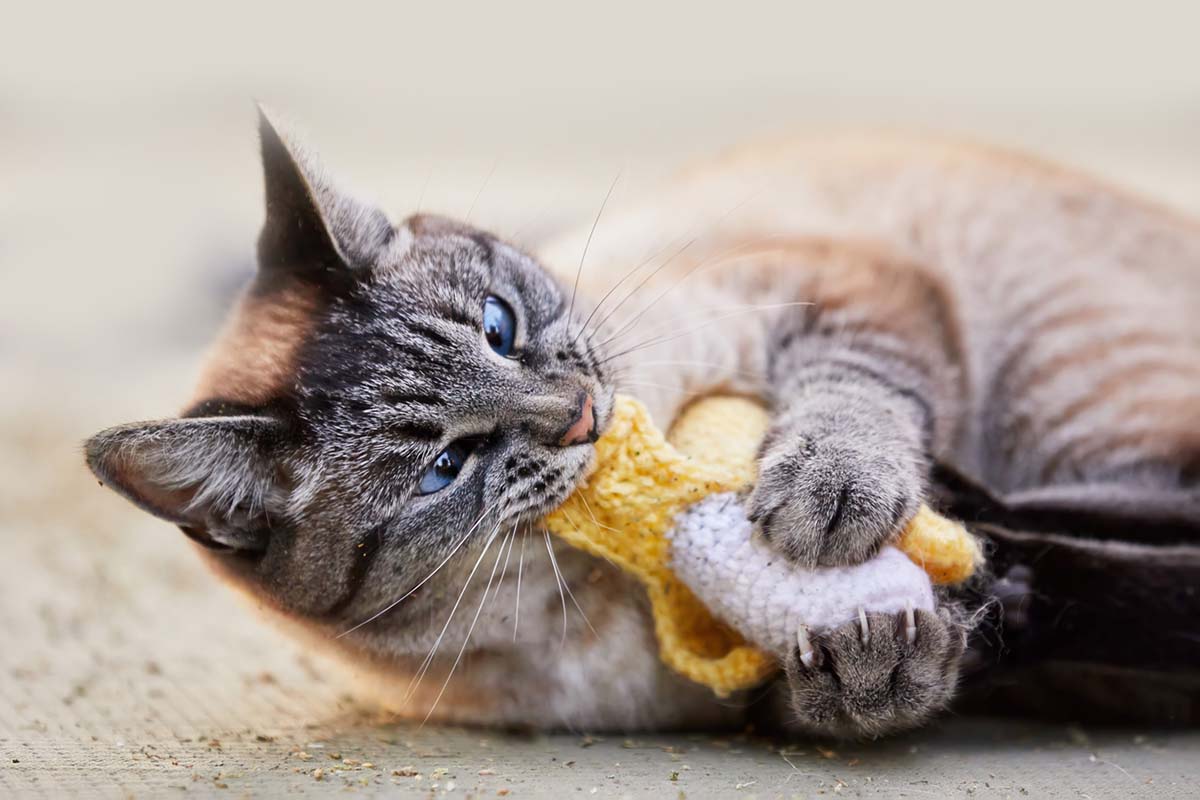Cats Are Not Selfish, They Are Just Self-Sufficient
Are cats selfish? Not necessarily. Taking a look at the roots behind certain cat behaviors.
For years, humans have been captivated by animal behavior, trying to explore how and why animals do the things they do. Cat behavior is no exception.
Particularly, in domesticated animals, we’re interested in why cats seem to enjoy solitude so much. It seems as though no matter how much love and affection cat owners shower their furry family members with, they tend to not reciprocate the emotions back quite like dogs do. Dogs are extremely social creatures compared to their feline counterparts.
But, does that mean they don’t care? Not necessarily, according to Swiss-American biologist Dennis Turner.
Turner mentions that cats who grow up with people as kittens, do develop genuine feelings for their humans — in their own way. “They miss their owner…even if they may only give them the cold shoulder on their return,” the biologist says.
If they become attached to their owners, come at the sound of their owner’s voice, or want cuddles, it’s more than likely a voluntary decision. In a way, this means that they are making the decision to love us! How purr-fect is that!?
Domestication of Cats
The “domestication” of cats is also a funny story. Claudio Ottoni, of the University of Leuven, says cats essentially chose to hang around us and we just ran with it. In true cat fashion, cats decided when they wanted to be domesticated.
People set up civilizations thousands of years ago, rodents followed the crops, cats followed the rodents…and the rest is history. This sets them apart from dogs who, historically, were domesticated and meticulously bred to perform particular tasks for humans.
Turner also stresses that different cats’ solemn nature stems from their ancestors, such as the African Wildcat, who are generally loners and do not travel in packs. The exception to this would be lions, who live together in groups.
As a result, cats lack the group communication skills that pack animals possess. For example, if your feline friend is stressed or not feeling well, they may urinate inside. Contrary to popular belief, this doesn’t always mean they’re upset at you, sometimes, they just don’t feel happy and don’t know how else to show it.
Are Cats Selfish?
Cats are not as self-centered as they seem. These habitual animals prefer to be alone and don’t need social order—it’s in their DNA.
While many domestic cats now rely on their human cat lovers for food, they can thank their predecessors for their self-sufficiency in other areas. For example, when we see cats play with the live “presents” they bring us, we think of it as harsh. Rather, this trait evolved from necessity.
Turner says that “cats are opportunistic hunters and must be ready to stalk and catch any prey they discover by chance — even if they’re not hungry.” By purring and playing with their prey, cats are settling whether or not they need the food. We may see a cruel act, they see convenience.
Indoor cats, feral cats, and all types of felines can sometimes be a giant mystery, and that’s why we love them with all of our hearts. Even though they sometimes turn their tails up at us meowing or make a mess of the litter box, we know that deep down it’s just cats being cats.
“The cat could very well be man’s best friend but would never stoop to admitting it.”
Doug Larson
This content is for informational use only and does not replace professional nutrition and/or medical advice, diagnosis, or treatment. It is not a substitute for and should not be relied upon for specific nutrition and/or medical recommendations. Please talk with your veterinarian about any questions or concerns.









